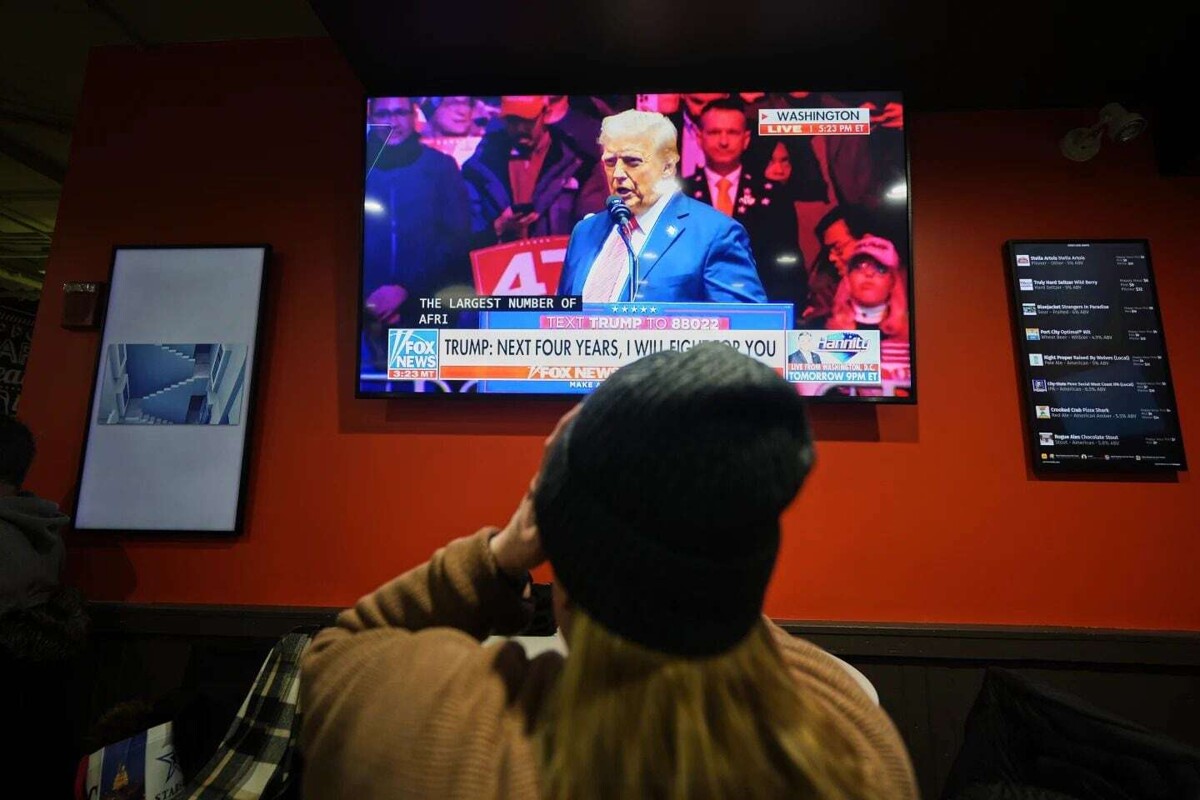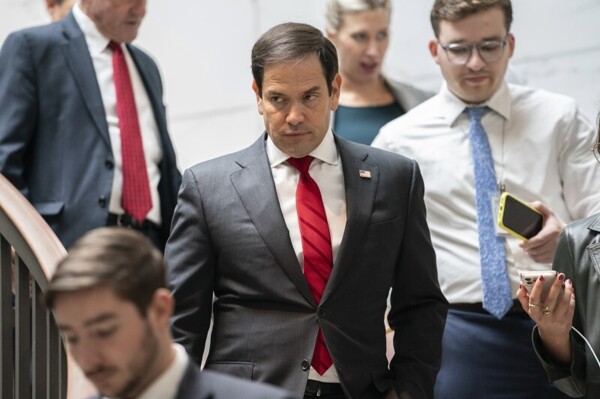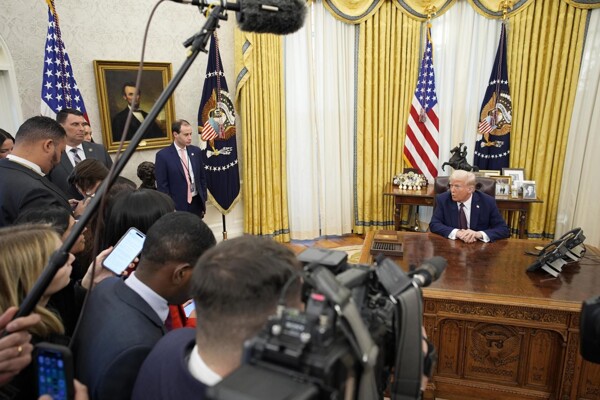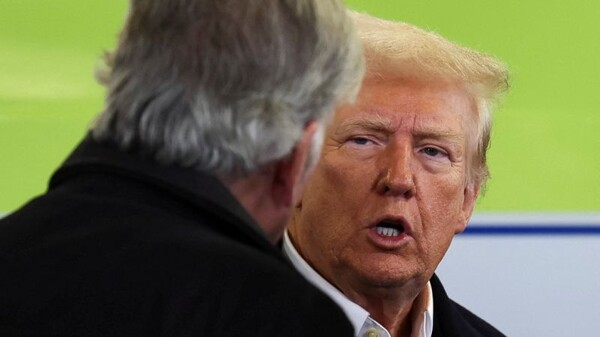
In the midst of the impunity surrounding power, history has repeatedly shown us that this situation does not last forever. Recent examples such as the use of tariffs as a tool for extortion, the expulsion of migrants, and the declaration of terrorism against Mexican cartels could lead to profound changes in both American democracy and international balance.
The case of former President Donald Trump, who has benefited from his position of power to evade legal consequences, is a clear example of this phenomenon. Despite his victory in 2016 and his current impunity, justice has failed to act against him due to the legal protections and immunity that power grants to certain individuals.
The growing distrust in technocrats and in the political system in general has paved the way for the rise of controversial leaders who, far from benefiting citizens, have undermined the pillars of democracy. The financial crisis of 2009 exposed the cracks in the system, provoking a widespread feeling that the governing elites were not looking out for the interests of the people.
The recent inauguration of Trump as President of the United States, despite the accusations against him for his alleged involvement in the Capitol assault in January 2021, reflects how power can act as a protective shield against accountability. His rise to power is seen as a symbol of the citizenry's dissatisfaction with the status quo and the need for radical change.
Globally, public debate has fallen into sterile and obsolete grounds, trapped in worn dichotomies and sensitive issues without true reflection on fundamental problems. The emergence of populist leaders who capitalize on resentment against technocracy has shaken the foundations of conventional politics and questioned the stability of the world order.
In this scenario of uncertainty and political turmoil, society faces unprecedented challenges that require addressing with calm and perspective. The commemoration of Martin Luther King Day in the United States, in a context of social unrest and institutional crisis, invites reflection on the importance of the struggle for justice and equality in turbulent times.
The rise of new powers and the accelerated transformation of global geopolitics present significant challenges to stability and international order. China, Russia, Iran, and North Korea, along with the crisis in Europe and the erosion of democracy in the West, shape a complex landscape full of uncertainties.
Amidst this scenario of rapid changes and growing tensions, the wisdom of maintaining calm and patience is more relevant than ever. History shows us that, in the face of crisis and transformation, serenity and prudence are fundamental virtues for navigating turbulent waters and finding a course in the midst of the storm.














